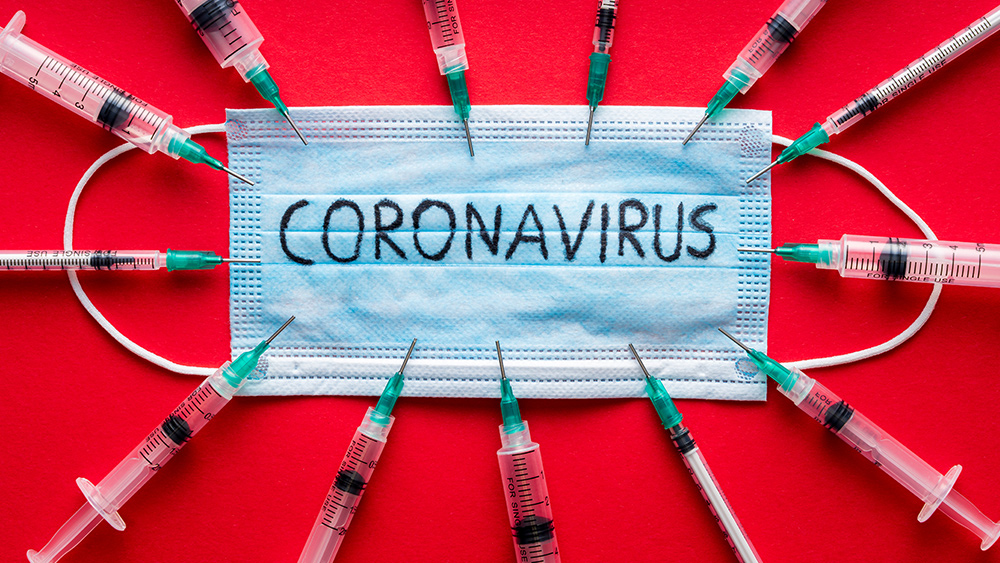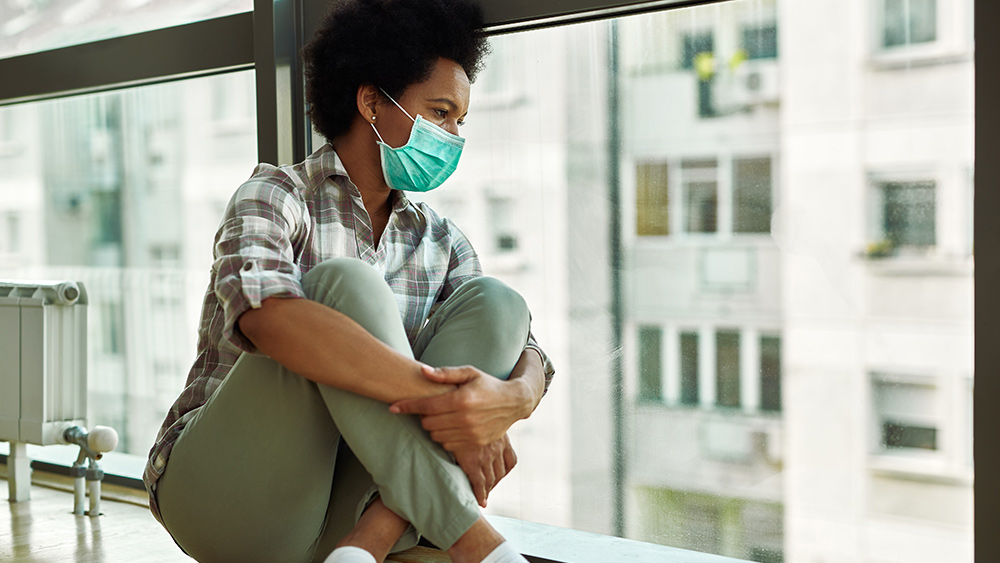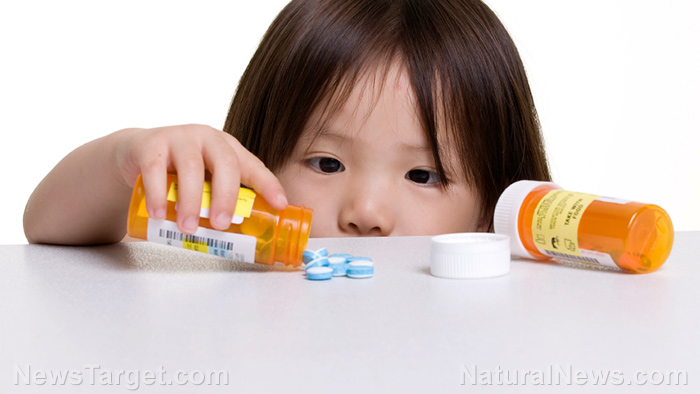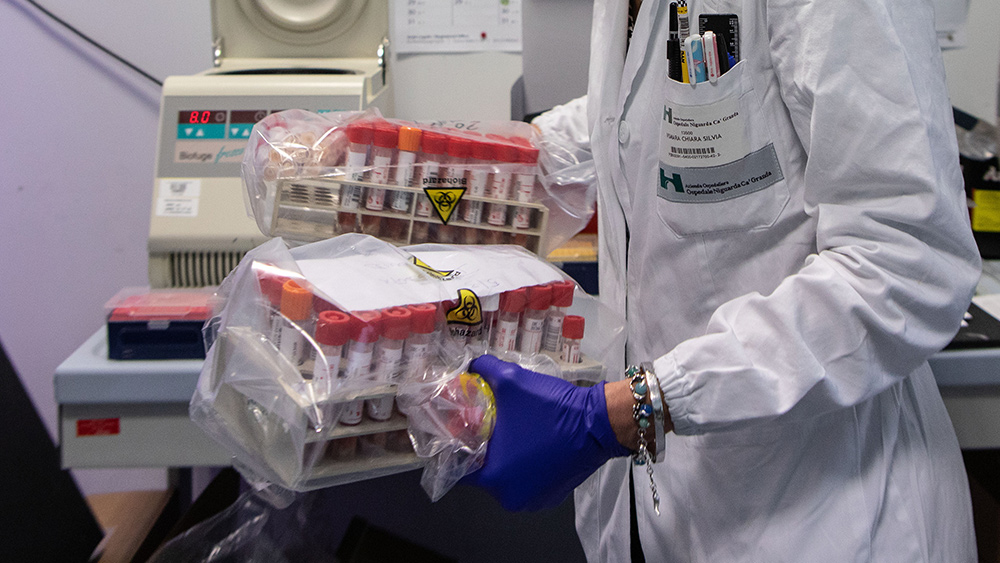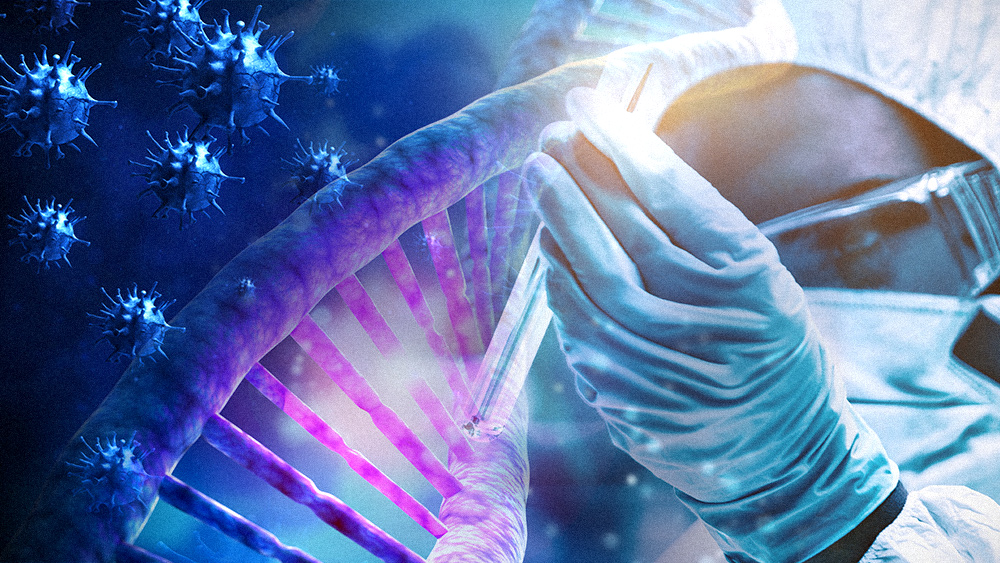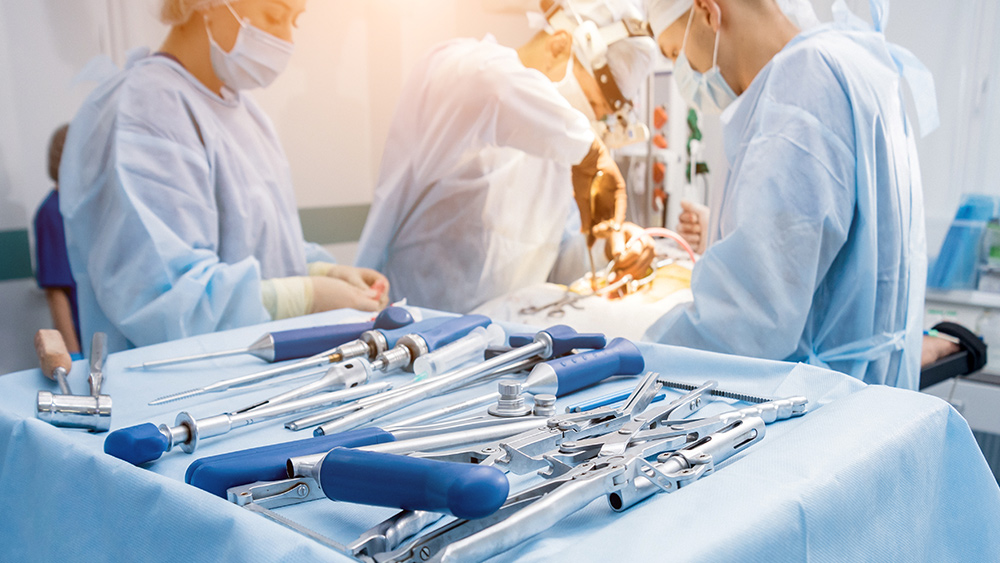Plastic sports bottles are loaded with hundreds of harmful chemicals such as insect repellent that leach into the drink
03/04/2022 / By Ethan Huff

Researchers from the University of Copenhagen in Denmark has published a study that exposes the concerning levels of toxicity found in plastic sports bottles.
They identified hundreds of different chemicals that can leach from these bottles into the water or other fluids that are put in them. Plasticizers, endocrine disruptors, and even insect repellent were all identified as prominent culprits.
The study, which was published in the peer-reviewed Journal of Hazardous Materials, urges caution when using reusable plastic bottles – or better yet, perhaps it is time to switch to glass with a rubber sleeve, as one alternative.
“We were taken aback by the large amount of chemical substances we found in water after 24 hours in the bottles,” said Jan H. Christensen, a professor of environmental analytical chemistry at the University of Copenhagen‘s Department of Plant and Environmental Sciences.
“There were hundreds of substances in the water – including substances never before found in plastic, as well as substances that are potentially harmful to health.”
After several dishwasher cycles, Christensen further revealed, the number of chemicals released goes into the thousands.
Dishwasher soap is loaded with toxic compounds that persist as residue on bottles
For their experiments, Christensen and his team tested out three different types of plastic sports bottles. They evenly split these three types into two groups: brand new bottles and used bottles. For the control, they used glass bottles.
The first experiment involved migration, meaning newly purchased bottles were rinsed with tap water which was then disposed, and refilled with tap water intended for drinking. That water was left inside the bottles for 24 hours.

In the second experiment, the scientists placed all of the bottles in a dishwasher and ran it for 60 minutes with a standard dishwasher soap tablet. Temperatures inside the dishwasher reached about 150 degrees Fahrenheit.
Following the dishwasher cycle, the bottles were once again filled with tap water and stored for 24 hours.
The final experiment involved flushing all the bottles with tap water and shaking them up as one might do for a quick household rinse. After the flushing, the bottles were once again filled with tap water and stored for a day.
The water samples were then analyzed using liquid chromatography and mass spectrometry to identify which materials and how many of them leached into the water under the various circumstances.
In total, the team identified more than 400 materials associated with the plastics, and another more than 3,500 associated with the dishwashing compounds found in the soap tablet. Earlier research identified heavy metals and other endocrine disruptors in recyclable plastic bottles.
“For newly purchased bottles 350 unique chemical compounds were identified,” reported the Defender. “Of these, 150 were removed after use in a dishwasher, and 80 more were removed after a flushing, but a total of 31 percent of compounds remained after dishwashing and additional water flushing.”
“For used bottles, analysis after dishwashing detected 3,436 chemical compounds. Of these, roughly 2,780 were removed after flushing with water. Roughly 13 percent of dishwashing chemicals remained after flushing with water, while with glass bottles less than one percent remained.”
Among the toxic compounds identified were:
• Surfactants from the dishwasher
• Plastic oligomers (softeners) in the bottles
• Antioxidants and stabilizers to prevent oxidation
• Photoinitiators used as inks to provide a glossy bottle coating
• Plasticizers to increase flexibility
• A range of aromatic compounds, including the mosquito repellent DEET
“DEET was confirmed to be present in every plastic bottle tested,” the Defender added. “Scientists indicate that DEET’s presence is likely a result of another chemical with a similar chemical structure to DEET.”
More of the latest news about chemical-laden consumer products can be found at Toxins.news.
Sources include:
Submit a correction >>
Tagged Under:
bottles, discoveries, dishwasher soap, Endocrine disruptors, insect repellant, leach, Plastic, plasticizers, products, real investigation, research, sports bottle, toxic chemicals, toxins
This article may contain statements that reflect the opinion of the author


